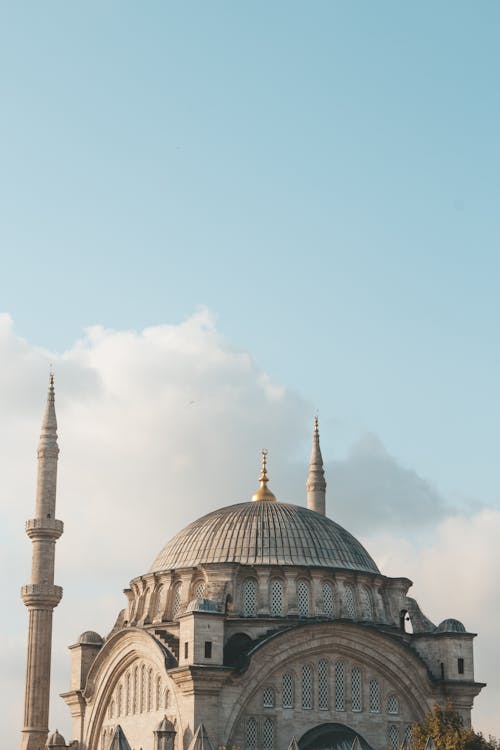
Part one of a three-part article written by Randi G. Fine
I was born into a highly observant Jewish family. My mother's father, a Lithuanian immigrant, was a pious man. He was a cantor by trade-an ordained Jewish clergy with a magnificent voice who joined the rabbi lin leading his congregation in Hebrew prayer. Whether in the synagogue or at home, my grandfather sung prayers to the God he believed in and loved, all day long. He never failed to express his gratitude for even the simplest blessings. His faith was unshakeable.
Having grown up in an environment suffused with religion, it naturally coursed through my mother's veins. Judaism was a huge part of her identity. Though Jewish, my father was not raised the same way but he happily embraced my mother's way of life. Together they shared the traditions my mother was brought up with. It was only natural that they would bring up their children that way.
I was born the youngest of three children, thirteen years after Nazi, Germany surrendered and the last of the holocaust camps were liberated. The horrific memories of senselessly losing six million of their people was still fresh in the minds of the Jewish people, many who were still mourning the tragic losses of their loved ones and friends. My family was very fortunate; we were not directly impacted by the losses, though as a community the Jewish people bonded together tighter than ever in support and for protection. They were very fearful of having outsiders infiltrate their community.
The message my siblings and I regularly received from our parents was, "Stick with your own kind. The rest of the world is out to get you." They hoped to insulate us against the hate they believed would be directed at us from non-Jews. That was understandable in a way, but unlike my parents who were raised largely in a white, Jewish "ghetto," our modern day community was integrated-multicultural and multi-racial.
As a family we went to synagogue every Sabbath and on all the holidays. We kept a kosher home, complied with all the rules and regulations dictated by modern "Conservative" Jewish law, and followed all the traditions the way we were supposed to. My siblings and I were sent to Hebrew school two evenings a week and every Sunday morning for six years. I hated every minute of sitting through those classes but was well-schooled in the rituals and prayers.
Whenever I questioned my teachers or my parents about the whys of what I was being told to do, the answer was often, "That's just the way you are supposed to do it-'why' does not matter." That answer may have well sufficed for others but it did not satisfy my inquisitive nature. I have never been one to comply just because I was supposed to. Arm me with logic and I am likely to follow along. Deprive me of logic and you will have a rebel on your hands. I came to resent the religion I felt was being forcefully integrated into my life.
As a young adult living on my own, no longer forced to perform the rituals that supposedly made me a good Jew, I became cynical about my religion. I never stopped loving the beautiful traditions of Judaism, the warmth of holidays spent with family, and the comfort of being with those who shared my roots. But I felt no need to go through motions that I had come to realize were meaningless to me. For years I had sat in the temple constantly shifting in my chair and yawning, anticipating the end of the service by counting the remaining pages of the prayer book. There was no longer any reason to sit through religious services that did not edify me-services that were conducted in a language I did not understand anyway.
I never believed, as many do, that I had to go to a house of worship to feel a spiritual connection-that all the benefits of religion could be absorbed by just being in synagogue and saying prayers I had memorized but did not understand. None of that made sense to my logical mind.
I did understand why Jewish people stuck together the way they did. Throughout history they were taught the importance of perpetuating their religion. This need was especially accentuated after having lost so many of their people to the Nazi death camps.
For many years I did not believe in the concept of faith. Still I wondered who the God my grandfather loved and revered in heart and soul was.
I never anticipated how essential faith would be ultimately be to my survival and the form in which it would take.
http://ezinearticles.com/?Through-a-Simple-Twist-of-Faith,-Part-One&id=9992226


No comments:
Post a Comment